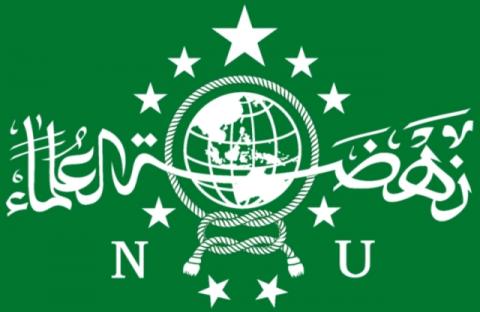'Indigenous Islam is the answer of the authentic Islam'
NU Online · Selasa, 6 Desember 2016 | 01:59 WIB
Surabaya, NU Online
Chairman of the East Java's Maarif NU, Prof. Dr. KH. Abdul Haris said here on Monday that the "Indigenous Islam" is the answer of the authentic Islam and presupposes some important points. Firstly, 'Indegenous Islam' has contextual characters in the sense that Islam is understood as a doctrine in the context of time and place.
"The time change and regional differences are the key to interpret the teachings. Thus, Islam will undergo changes and dynamics in response to changing times," Kiai Haris said.
While the second point, he added, the 'Indigenous Islam' was progressive, ie the advancement of age should not be understood as a threat to possible deviations from the basic teachings of the religion (Islam), but is seen as a trigger to perform an intense creative response.
"Thirdly, 'Indigenous Islam' has a liberating character. On this point, Islam is the doctrine that can address human problems universally regardless of differences in religion and ethnicity. Thus, Islam is rigid in the face of social reality that is always changing," he said.
According to Kiai Haris , the 'Indigenous Islam' aims to deal with puritanism, authentication, and any other form of purification of Islam while also maintaining local wisdom without losing the normative identity of Islam.
"Because of that, 'Indigenous Islam' focuses more on cultural ideology which takes into account the differences of locality rather than centralized cultural ideology, which recognizes only religious teachings without interpretation. So it can be spread in many regions without damaging the local cultures," he said.
"Thus, there will be no practices of radicalism that are supported by extreme religious teachings being capable of posing a threat to peace."
Furthermore, in taking into account the socio-historical conditions in regard with the text of the Qur'an revealed to Prophet Muhammad, it could be concluded that there was a dialectical relationship between the text of the Quran and cultural reality.
"On this stand, the religious traditions could be changed in accordance with the social and cultural context of a society. Islam is a movement that is open and gives hope to all social groups, regardless of religion, class, ethnicity and gender in reinforcing their self-identification to the locality critically," Kiai Haris said, adding that in its action, the indigenous Islam had always considered the importance of addressing the needs of local communities, in formulating the religious laws without changing the fundamental principle of Islam. (Masdar)
Terpopuler
1
Khutbah Jumat: Ramadhan, Melatih Sabar, Memperkuat Syukur
2
Khutbah Jumat: Tiga Kebahagiaan Orang Puasa
3
Gerhana Bulan Total Bakal Terlihat di Seluruh Indonesia pada Selasa 3 Maret 2026, Dianjurkan Shalat Khusuf
4
Gus Yahya Sebut Kepergian Ketum Fatayat Margaret adalah Kehilangan Besar bagi Keluarga NU
5
Khutbah Jumat: 4 Cara Menghidupkan Malam Ramadhan dengan Ibadah
6
Ali Khamenei Wafat dalam Serangan Israel-Amerika
Terkini
Lihat Semua
















